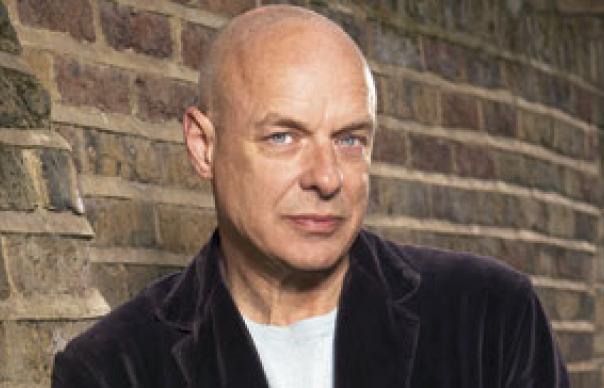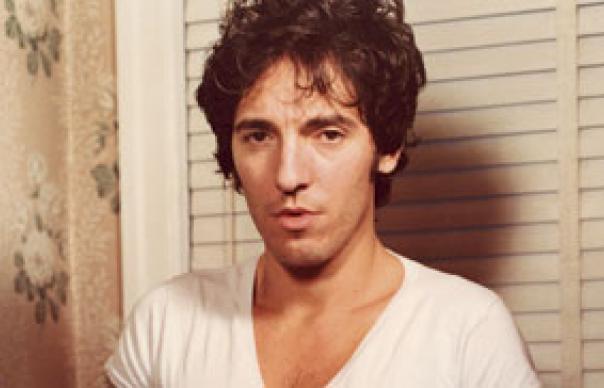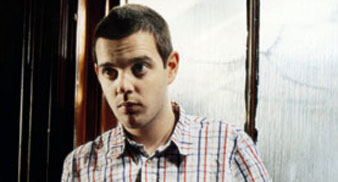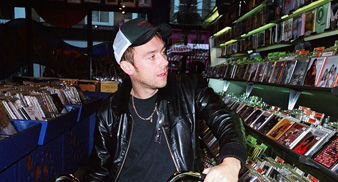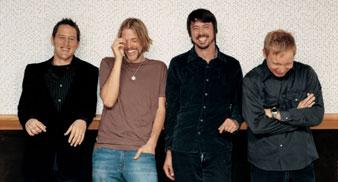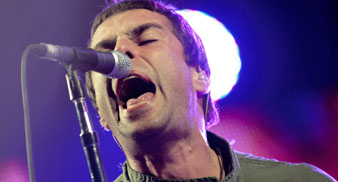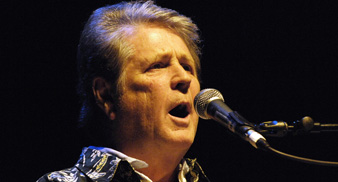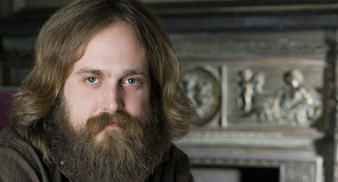To be honest, I more or less gave up on The Nectarine No 9 over the last few years of their career. Not sure why: maybe Davy Henderson’s personal interpretation of the obtuse became a bit much. Could be wrong here, because I certainly don’t know the albums well enough to pass real comment, but I suspect he strayed too far into the curmudgeonly. That’s not always a problem, of course, but I’d say Henderson has generally been at his best when a pop imperative has shined through the wilful knottiness. His first album fronting The Sexual Objects doesn’t quite find Henderson retracing his steps to the heyday of Win; where would he find the money to do that again, for a start? Nevertheless, “Cucumber” is just about the most accessible and enjoyable record I can remember him making since “A Sea With Three Stars” (maybe the sexual allusion provides a link between the two albums?). The press blurb mentions The Move and The Modern Lovers, and how “echoes of John Cale’s early solo work and Lou Reed’s 'Transformer' pervade the overall sound of the album.” Certainly I can pick up Lou Reed and Jonathan Richman, and I like how John Robinson’s review in the current Uncut talks about “A kind of post-glam, pre-punk delight in the electric guitar.” John talks plenty about Television and The Voidoids, but I keep thinking more about how so many Scottish bands – not all involving Henderson – have run with this sound: skinny, cocky, exuberant, blessed with a sort of unfunky funkiness. It’s a sequence which kicked off with The Fire Engines and their contemporaries, and which was last heard, maybe, in the underrated 1990s (on their first album, at least). One Scottish band seemingly untouched by this sound, at least overtly, have been Boards Of Canada. But the duo produced the first track on “Cucumber”, “Here Comes The Rubber Cops” which, background noise notwithstanding, doesn’t sound much different from the other tracks, produced by Russell Burn from The Fire Engines and John Disco, from Bis (Have BOC done any other production work besides remixes, by the way? I’m struggling to recall any). It is, though, one of the best songs on a neat album. Henderson is not one to resort to contemplative stocktaking in middle-age, so “Cucumber” points up his priapic interests more than ever. It’d be easy for all this to come across as a conceptual art project about the language of desire; or, perhaps, a portrait of a sleazy and desperate man of a certain age. But Henderson and his bandmates (most of whom have figured in at least some of his previous vehicles) are too gleeful and uninhibited for that: “Full Penetration”, especially, is a fantastic romp. “Queen City Of The 4th Dimension” is terrific, too, not least because it sounds like T.Rex, after a fashion. Meanwhile, “Come, come, all through the night,” begins “Midnight Boycow”, a song packed with the sort of pinched hooks – if not the lavish set-dressing – that graced the two Win albums, and prompted a lot of hacks to wring hands about “perfect” pop music which barely sells a copy. No-one’s going to make those claims about The Sexual Objects; not when corporate British indie-rock is barely selling, let alone the cantankerous original model. Henderson, though, seems to be one of those musicians who ploughs on regardless; evidently, he wants to keep it up forever.
To be honest, I more or less gave up on The Nectarine No 9 over the last few years of their career. Not sure why: maybe Davy Henderson’s personal interpretation of the obtuse became a bit much. Could be wrong here, because I certainly don’t know the albums well enough to pass real comment, but I suspect he strayed too far into the curmudgeonly.






